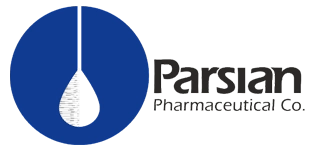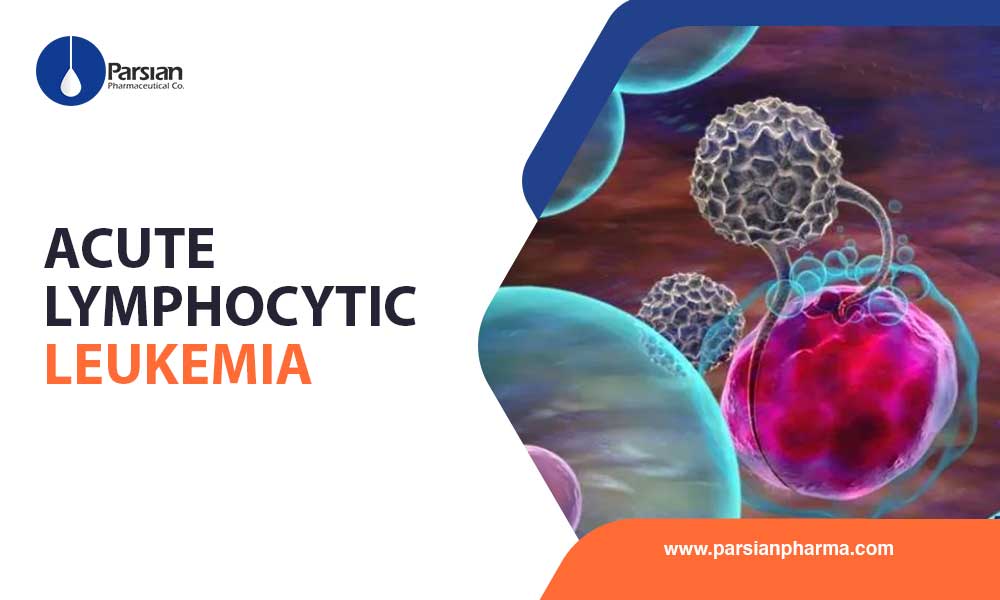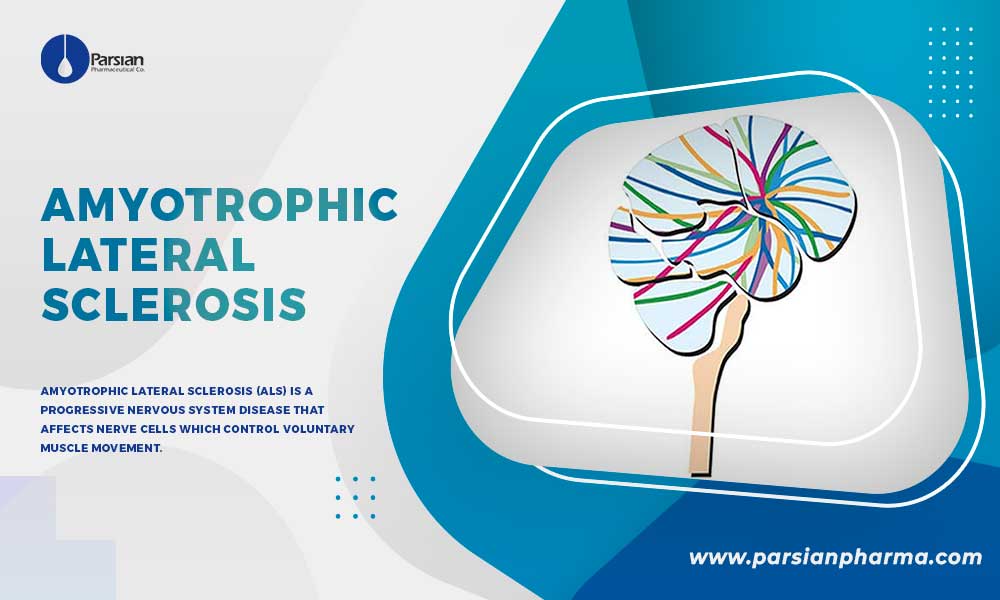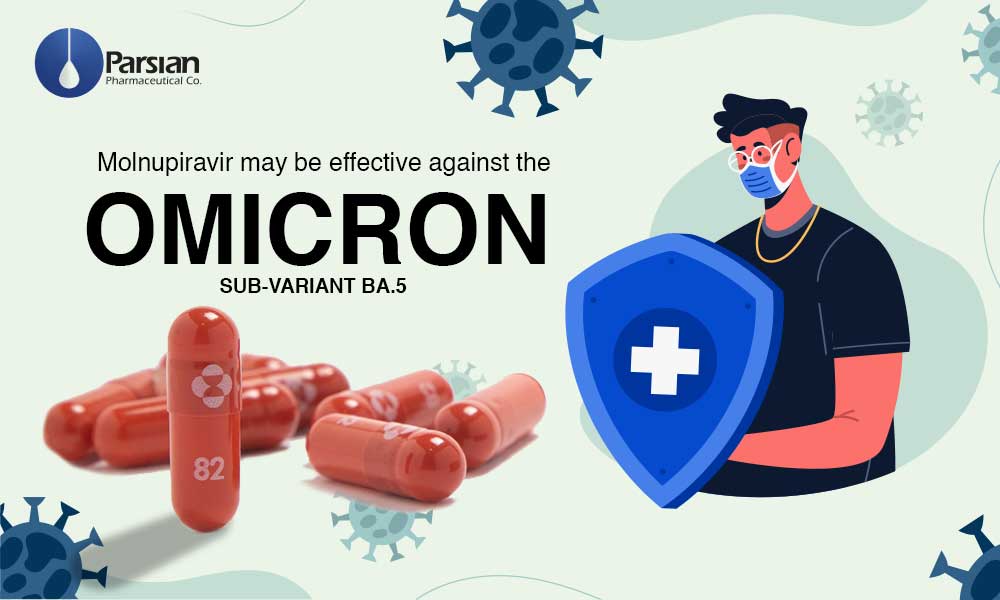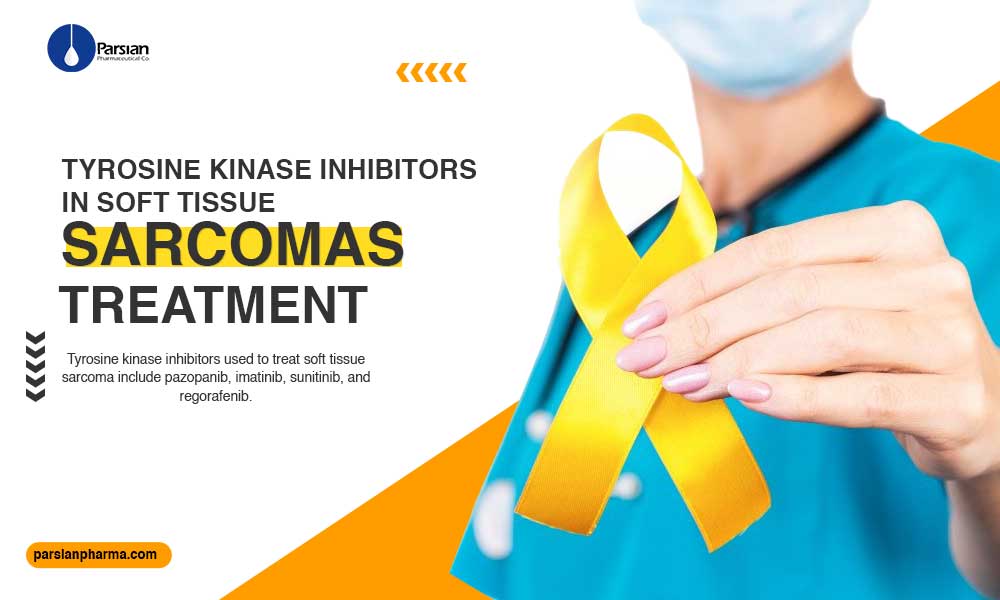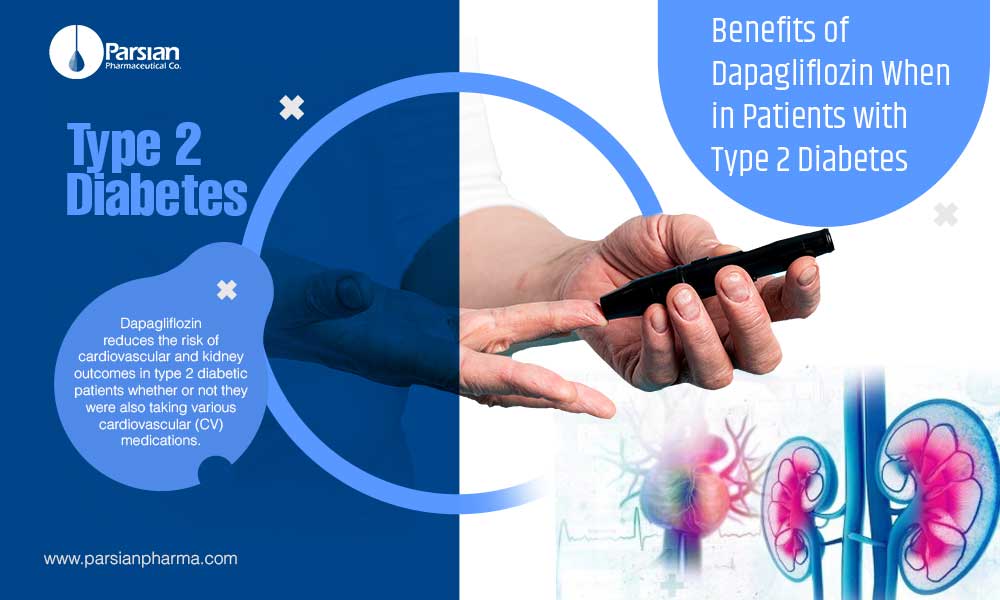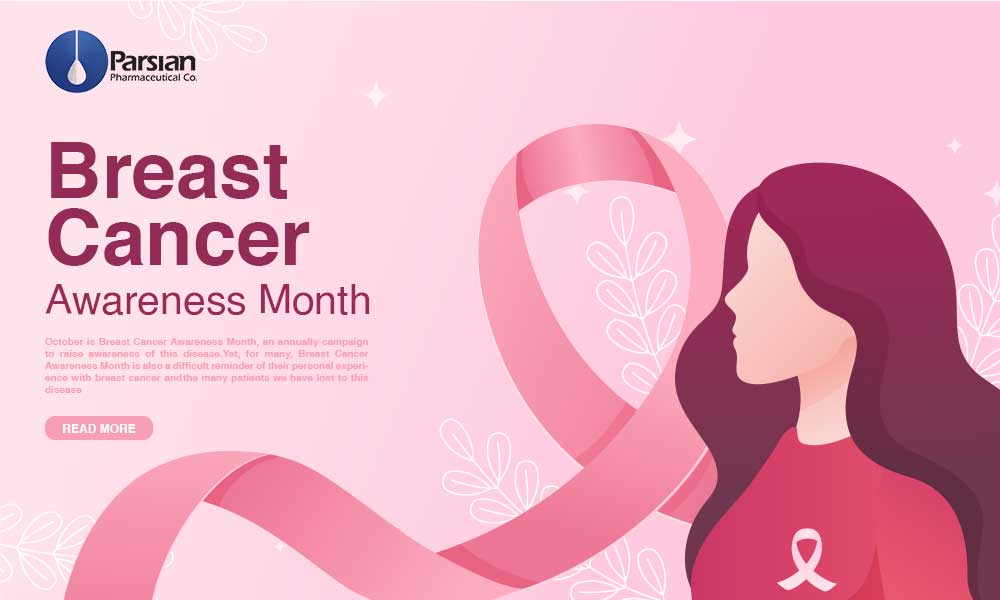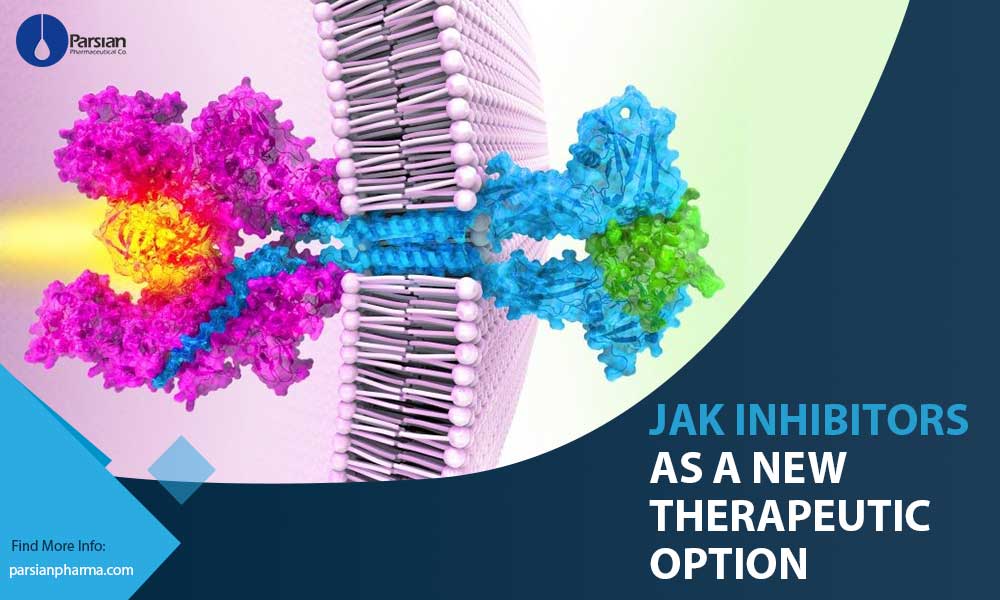Tyrosine kinase inhibitors for acute lymphocytic leukemia (ALL)
What is acute lymphocytic leukemia (ALL)?
Acute lymphocytic leukemia which is called ALL, is an aggressive form of leukemia, in which too many lymphoblasts or lymphocytes are presented in the peripheral blood and bone marrow. In acute lymphocytic leukemia (ALL), cancer can spread to other part of the body like; central nervous system and lymph nodes, liver, spleen, testicles and other organs. Without starting treatment at the right time, in this aggressive type of leukemia, cancer can progress quickly.
This type of leukemia can occur in both children and adults. ALL is the most common type of cancer seen in children, with good progression and good chance for a cure. But if adults get affected by this type the prognosis isn’t as optimistic.
According to an estimation from the United States in 2021, the new cases from ALL are about 5690 cases and deaths are about 1580.
Targeted Therapy for acute lymphocytic leukemia (ALL)
Targeted therapies are now new class of interest for cancer due to the advantages efficacy, selectivity and safety by acting on specific targets involved in proliferation and differentiation of cancer cells with minimal activity on normal cells compared with traditional oncologic ones. Some of them can be prescribed in certain cases of acute lymphocytic leukemia (ALL). Treatment of acute lymphoblastic leukemia (ALL) has been progressed in these recent years, especially due to the development of targeted therapies, including tyrosine kinase inhibitors targeting BCR-ABL1 tyrosine kinase, monoclonal antibodies targeting cell surface antigens (CD19, CD20 and CD22), and CAR T- cell therapy.
Targeted therapies for ALL with the Philadelphia chromosome (Ph+ ALL)
In some ALL patients the leukemia cells have the Philadelphia chromosome. In about one out of four adult patients with ALL, we can see this subtype of ALL. And a small number of child patients with ALL also have the Philadelphia chromosome in their leukemia cells.
This kind of abnormal chromosome is formed by the swapping of genetic material between chromosomes 9 and 22, which creates a new gene called BCR-ABL. Cancerous cells with the BCR-ABL gene produce an abnormal protein which helps the cells grow. A group of targeted therapies which is called tyrosine kinase inhibitors (TKIs) have been developed to attack this protein.
In patients with Ph+ ALL, starting a tyrosine kinase inhibitors (TKIs) with continued chemo helps increase the chance that the cancer will go into remission. Continuing on one of TKIs can also help keep the leukemia from coming back. If one TKI doesn’t work or can be no longer work, another one might be started. Some TKIs like Imatinib (Gleevec), Dasatinib (Sprycel) and Nilotinib (Tasigna) can be prescribed for child patients with ALL Ph+. And also Ponatinib (Iclusig) along with other mentioned-TKIs can be started for adult leukemia patients.
Here Parsian pharmacutical co provide a quick overview over the tyrosine kinase inhibitors indication in ALL which is working on it :
|
Drug name |
Indication |
|||
|
Imatinib |
Adult |
ALL |
Ph+ |
Relapsed or Refractory
|
|
Pediatric |
ALL |
Ph+
|
Newly diagnosed
|
|
|
Dasatinib |
Adult |
ALL |
Ph+ |
Resistant or Intolerant to prior therapy |
|
Pediatric≥1 year of age |
ALL |
Ph+ |
Newly diagnosed |
|
|
Nilotinib |
Adult |
ALL |
Ph+ |
Newly diagnosed
|
|
_ |
_ |
_ |
_ |
|
Hence, Parsian pharmaceutical company has chosen Imatinib, Dasatinib and Nilotinib due to their good efficacy and their wide indications used in both adult and child patients affected by acute lymphocytic leukemia ALL.
For more information regard leukemia, you can find out more at Parsian Pharmaceutical co recent article.
related products :
Some of the main references that Parsian Pharmaceutical co scientific section has observed them:
https://www.cancercouncil.com.au/
